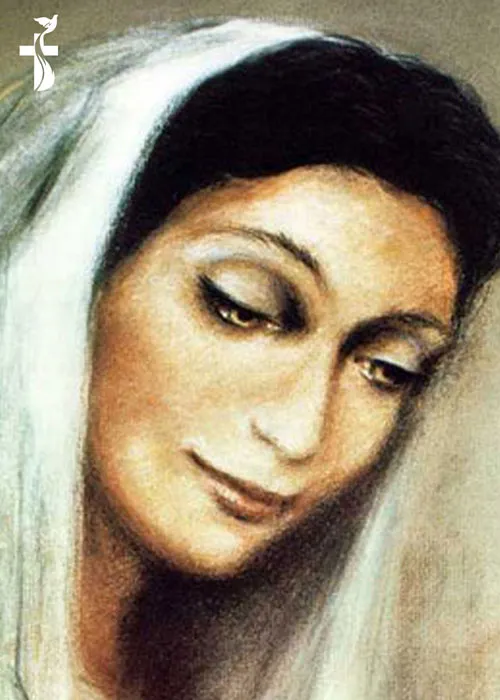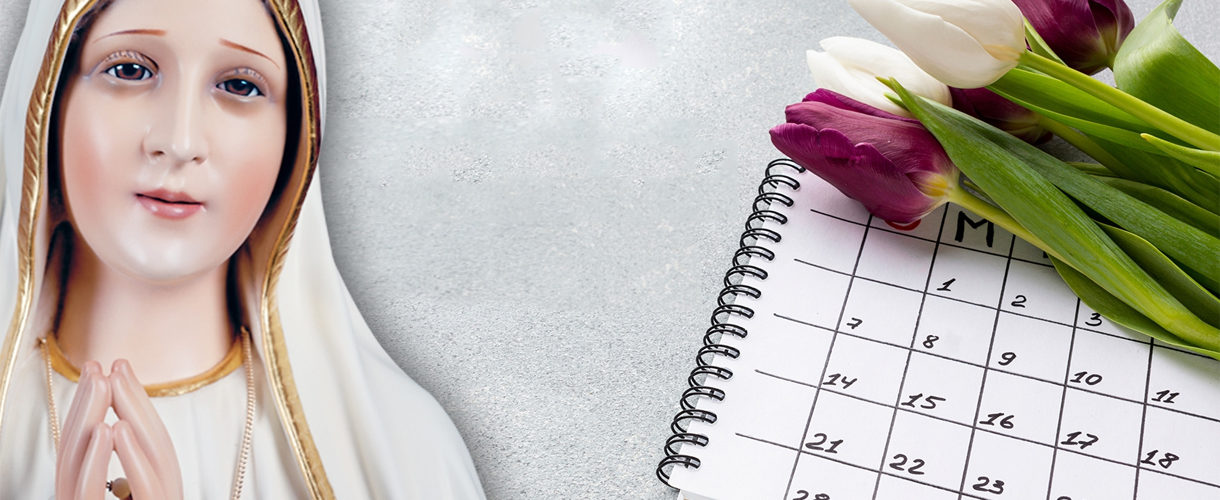
Our Lady Of Ephesus
Country :
Year :
Early Christianity in Ephesus is associated with the name of St. Paul and St. Justin. St. Irenaus and others record that St. John the Evangelist lived for a time and died there; it is likewise believed that Mary, too, lived and died at Ephesus.
Mary is associated with Ephesus in another connection; for it was there in 431 that the third ecumenical council assembled and condemned the heresy called Nestorianism, which claimed that Mary gave birth to Jesus, the Man, not Jesus, the God-Man. The council of Ephesus was a critical point in the history of Christianity, and of the highest development in Mariology: when she conceived and gave birth to the God-Man, she became Mother of God; Mary was thus taken from the ordinary plane of holiness and given a place that no other creature could share. Mary’s divine Motherhood is the whole mystery of Mary – It is appropriate that the church of St. Mary at Ephesus in which the council was held was perhaps the first to bear that name, and it was perhaps the first place outside of Palestine to celebrate the feast of the Annunciation (500).
Pope Pius XI issued an encyclical “Lux viritatis”, at the fifteenth centenary of the Council of Ephesus in 1931 and gave the feast of the Motherhood of Our Lady to the whole Western Church – The Mother of God.



